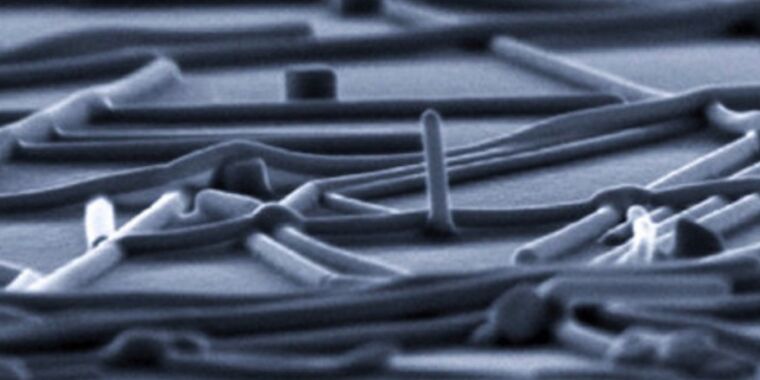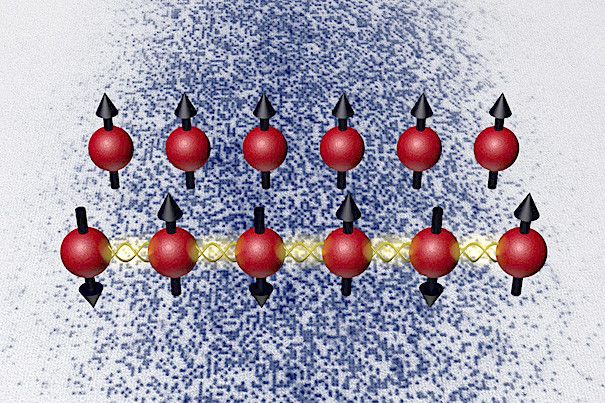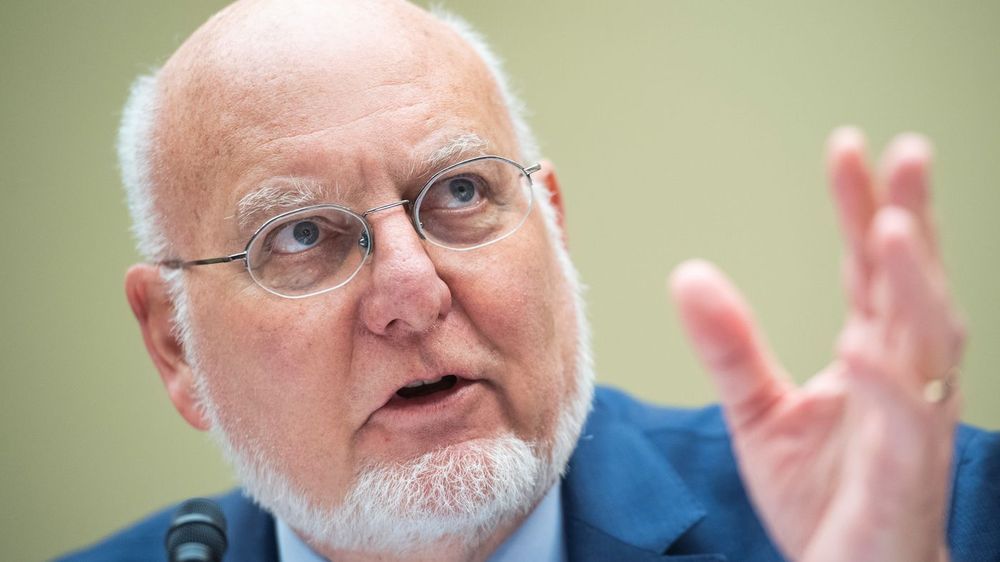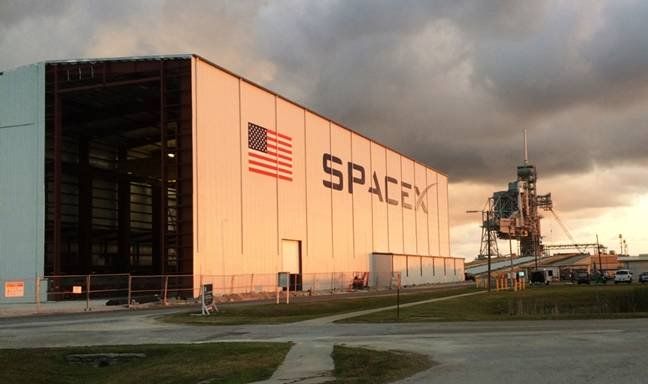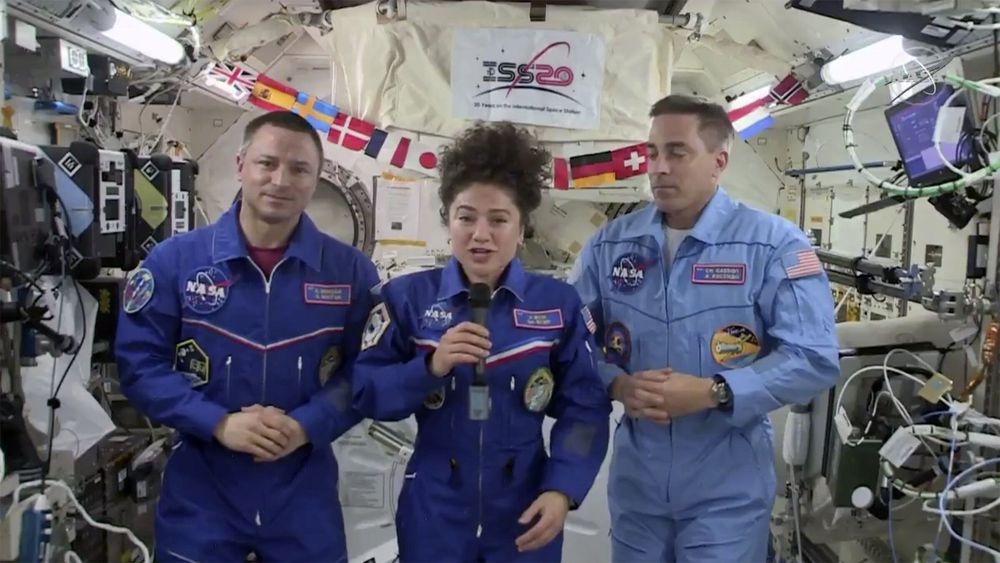Where was everyone when these channels were dedicating so much time and effort to help create awereness and get support for these creatures in Africa?
The government that neglected this eventhough they are not from Africa have neglected something that has now created, trillions of dollars of losses, and even more is coming up.
This documentary was made ten months ago.
Pangolins are believed to be the most trafficked mammals in the world. As the four Asian species of pangolins have dwindled, poachers are increasingly turning to the African species to supply the trade. In this short film, meet the bold Nigerians who are fighting to protect this gentle and vulnerable creature.
➡ Subscribe: http://bit.ly/NatGeoSubscribe
#NationalGeographic #Pangolins #WildlifeConservation


